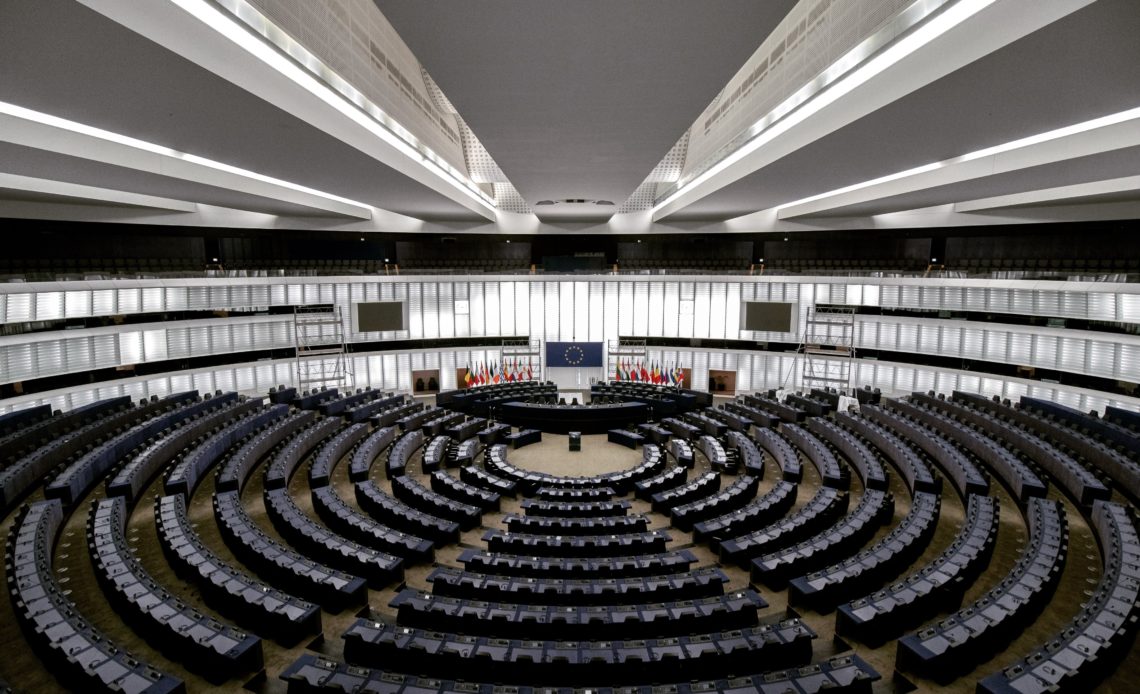
In light of the Coronavirus pandemic, many countries have had to introduce crisis-legislation to fight the spread of the virus. However, considering that much of this legislation includes the temporary restriction of some long-held freedoms, the question must be asked: Does the novel coronavirus pose a threat to democracy and freedom?
This article illustrates the EU’s response to one country–Hungary–which has introduced an increased centralisation of power around Prime Minister Viktor Orban. It shows that since the beginning of the crisis we have seen far reaching measures implemented by current governments to curb the Coronavirus spread. Yet, in the wake of these measures, the article suggests it has also sparked some reckless power grabs, even in Europe. The EU does not know how to deal with Hungary, but Hungary knows how to deal with the EU.
The article really helps us to reflect on the principles and values of the EU and the question of whether the EU is capable of defending its foundational core. As daunting as the situation might be right now, this challenging article forces one to reflect on the way in which we could balance the need for clarity and power on the one hand and the foundational need to democratic freedom in the EU.
Read Full Story on The New York Times
Author: Matina Stevis-Gridneff & Benjamin Novak, The New York Times
Original Language: English
Published on: 31 March 2020
Photo: Frederic Köberl on Unsplash

